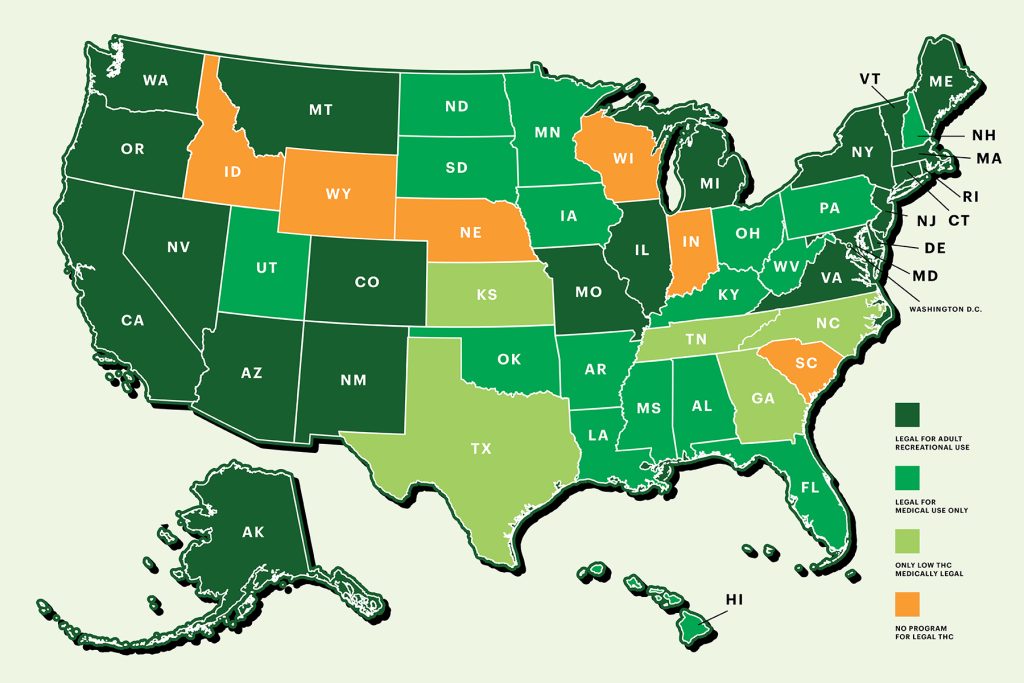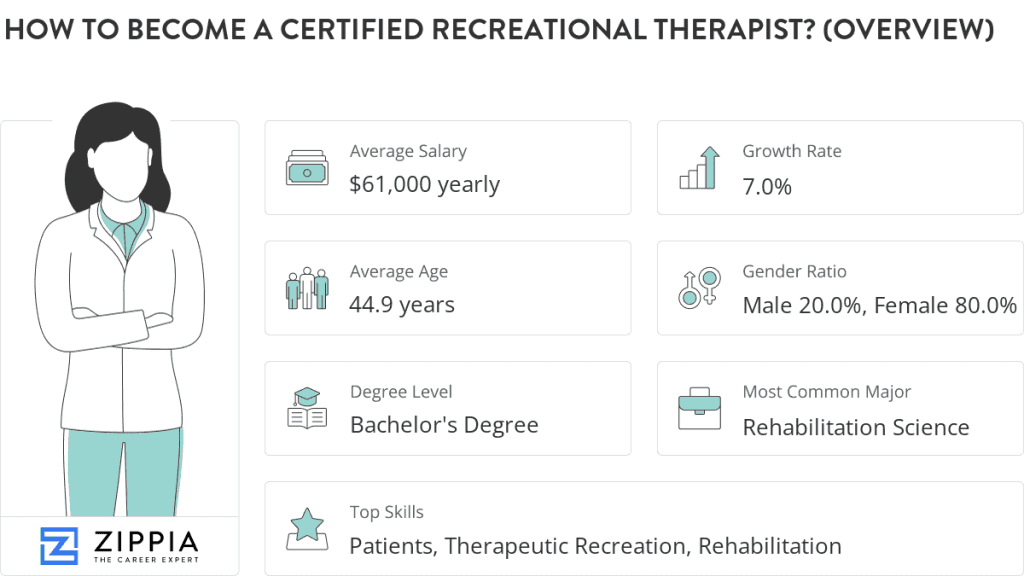If you’ve ever wondered about the recreational use of ketamine, you’re not alone. Ketamine, also known as Special K or K, is a dissociative anesthetic that is commonly used in veterinary medicine. However, it has also gained popularity as a recreational drug among certain groups of people. So, what is ketamine used for recreationally? Let’s dive into the fascinating world of ketamine and explore its recreational purposes.
When it comes to recreational use, ketamine offers a unique experience that is unlike any other substance. It can produce a range of effects, from feelings of relaxation and euphoria to hallucinations and a sense of detachment from reality. Some individuals seek out ketamine for its ability to induce a dream-like state or for its psychedelic properties. However, it’s important to note that ketamine is classified as a Schedule III controlled substance in the United States, meaning its recreational use is illegal and can have serious consequences.
Despite its potential for recreational use, it’s crucial to approach ketamine with caution and respect. It’s always best to prioritize your health and safety above all else. In the following sections, we’ll explore the potential risks and benefits of ketamine, as well as its legal status and alternative recreational activities. So, buckle up and get ready to learn all about the fascinating world of ketamine and its recreational potential.
:max_bytes(150000):strip_icc()/what-is-a-k-hole-21861_FINAL-5bd0bf8ac9e77c0051074e07.png)
What Is Ketamine Used for Recreationally?
Ketamine is a powerful dissociative anesthetic that is commonly used in medical settings for its sedative and pain-relieving properties. However, it is also known for its recreational use due to its hallucinogenic effects and its ability to induce feelings of euphoria and detachment from reality. While ketamine is primarily used in medical and veterinary practice, it has gained popularity as a party drug and is often used at clubs, parties, and music festivals.
Recreational use of ketamine involves taking the drug in higher doses than would be used for medical purposes, typically through intravenous injection, snorting, or oral ingestion. It is often used in combination with other substances such as alcohol or ecstasy to enhance its effects. Ketamine is classified as a Schedule III controlled substance in the United States, meaning it has a potential for abuse and can lead to psychological or physical dependence. Despite its illicit use, ketamine does have legitimate medical uses and is an important tool in anesthesia and pain management.
The Effects of Ketamine
Ketamine produces a range of effects that can vary depending on the dosage and individual tolerance. At lower doses, ketamine can cause a state of relaxation and mild dissociation, leading to a feeling of detachment from one’s body or surroundings. This dissociative state can be accompanied by visual and auditory hallucinations, as well as a distorted sense of time and space. Users may also experience feelings of euphoria and increased sociability.
At higher doses, ketamine can induce a more intense dissociative state, often referred to as a “K-hole.” In this state, individuals may feel completely detached from their body and experience profound hallucinations and altered perceptions. The effects of ketamine can be highly unpredictable and can vary from person to person. Some users may find the experience enjoyable and seek out the drug for recreational purposes, while others may find it overwhelming or dysphoric.
Recreational Use and Risks
While ketamine may be used recreationally for its hallucinogenic effects, it is important to be aware of the potential risks and dangers associated with its use. Ketamine is a powerful anesthetic and can cause a range of adverse effects, especially when used in high doses or in combination with other substances. Some of the potential risks of recreational ketamine use include:
1. Physical and Psychological Dependence: Regular use of ketamine can lead to dependence, with individuals experiencing cravings and withdrawal symptoms when attempting to quit.
2. Cognitive Impairment: Ketamine can impair cognitive function and memory, leading to difficulties with learning and problem-solving.
3. Accidental Injury: The dissociative effects of ketamine can impair coordination and judgment, increasing the risk of accidents and injuries.
4. Overdose: Taking high doses of ketamine can lead to overdose, which can result in serious health complications or even death.
5. Mental Health Issues: Ketamine use has been associated with an increased risk of developing mental health issues such as depression, anxiety, and psychosis.
It is important to approach the recreational use of ketamine with caution and to be aware of the potential risks involved. If you or someone you know is struggling with ketamine abuse or addiction, it is important to seek professional help and support.
The Legitimate Uses of Ketamine
While ketamine is often used recreationally, it is important to recognize that it also has important medical uses. Ketamine is commonly used as an anesthetic during surgical procedures, particularly in emergency settings or when other anesthetics may not be suitable. It is also used as a painkiller, especially for individuals who are opioid-tolerant or who cannot tolerate opioids.
Ketamine has been shown to have unique properties that make it effective in managing acute and chronic pain, particularly neuropathic pain. It can provide rapid pain relief and may be used in situations where other pain medications have been ineffective. Ketamine is also being studied for its potential therapeutic uses in treating psychiatric conditions such as depression, post-traumatic stress disorder (PTSD), and addiction.
The Importance of Responsible Use
While ketamine has legitimate medical uses, it is crucial to emphasize the importance of responsible use and to only use ketamine under the guidance of a qualified healthcare professional. Ketamine should never be used recreationally or in higher doses than prescribed, as this can lead to serious health risks and complications. If you are considering using ketamine for any reason, it is essential to consult with a healthcare provider who can provide appropriate guidance and support.
In conclusion, ketamine is a powerful dissociative anesthetic that is sometimes used recreationally for its hallucinogenic effects. However, it is important to be aware of the risks and potential dangers associated with its use. Ketamine has important medical uses and should only be used under the guidance of a healthcare professional. Responsible use and understanding the potential risks are key to ensuring the safe and appropriate use of this substance.
Key Takeaways: What Is Ketamine Used for Recreationally?
- Ketamine is a drug that is sometimes used recreationally for its hallucinogenic and dissociative effects.
- Recreational use of ketamine can lead to dangerous side effects, including hallucinations, confusion, and memory loss.
- Long-term use of ketamine can have serious negative effects on physical and mental health.
- Ketamine is often used in social settings, such as parties or clubs, to enhance the experience and induce a sense of euphoria.
- It is important to note that recreational use of ketamine is illegal in many countries and can result in legal consequences.
Frequently Asked Questions
What are the recreational uses of ketamine?
Ketamine, commonly known as a dissociative anesthetic, is sometimes used recreationally for its hallucinogenic effects. In a recreational setting, ketamine is typically consumed in powder form and can be snorted, injected, or taken orally. It is known for inducing a state of dissociation, where users may feel detached from their body and experience vivid hallucinations. Some individuals may use ketamine recreationally to achieve a euphoric or out-of-body experience.
It’s important to note that recreational use of ketamine can be dangerous and is illegal in many countries. The substance can have significant physical and psychological effects, and its misuse can lead to serious health risks and addiction.
What are the potential risks of recreational ketamine use?
Recreational use of ketamine comes with several potential risks. One of the primary concerns is the unpredictable nature of its effects. Ketamine can cause hallucinations, confusion, and disorientation, which may lead to accidents or risky behavior.
Long-term use of ketamine can have detrimental effects on physical and mental health. Regular use can lead to memory loss, cognitive impairment, and even severe bladder and kidney problems. Additionally, ketamine use can be addictive, and individuals may develop a tolerance, requiring higher doses to achieve the desired effects.
Are there any positive effects of recreational ketamine use?
While some individuals may seek recreational use of ketamine for its perceived positive effects, it’s essential to consider the potential risks and consequences. Ketamine has been studied for its potential therapeutic uses, such as in the treatment of depression and certain mental health conditions. However, these studies are conducted under controlled medical settings and differ significantly from recreational use.
It is crucial to approach the topic of recreational ketamine use with caution and prioritize informed decisions based on scientific research and expert advice.
What should I do if I or someone I know is struggling with recreational ketamine use?
If you or someone you know is struggling with recreational ketamine use, it is important to seek help and support. Substance misuse can have serious consequences, both physically and mentally. Reach out to a healthcare professional, counselor, or a helpline specializing in substance abuse for guidance and assistance.
Remember, it is never too late to seek help, and there are resources available to support individuals in overcoming addiction and promoting overall well-being.
What are some alternatives to recreational ketamine use?
If you are seeking alternative ways to achieve similar experiences without the risks associated with recreational ketamine use, there are several options available. Engaging in physical activities, such as yoga or meditation, can help induce relaxation and altered states of consciousness. Exploring creative outlets, such as art or music, can also provide a sense of euphoria and self-expression.
It is important to find healthy and safe ways to explore altered states of consciousness and fulfill personal experiences without resorting to substances that can have harmful effects on physical and mental health.

New health fears surrounding ketamine
Final Summary: The Recreational Use of Ketamine
Throughout this article, we’ve explored the fascinating topic of recreational ketamine use. From its origins as an anesthetic to its emergence as a popular party drug, ketamine has certainly made its mark in the world of recreation. So, what is ketamine used for recreationally? Let’s recap some key points.
First and foremost, ketamine is sought after for its dissociative effects. Users describe a sense of detachment from reality and a unique altered state of consciousness. This experience can be both intriguing and appealing to those seeking an escape from the mundane.
Additionally, ketamine is known for its hallucinogenic properties. These hallucinations can range from vivid colors and patterns to out-of-body experiences, providing users with a surreal and mind-expanding journey.
It’s important to note that while ketamine may offer recreational enjoyment to some, it also poses risks and potential dangers. From physical side effects to psychological dependence, the decision to use ketamine recreationally should not be taken lightly.
In conclusion, the recreational use of ketamine has become a prominent phenomenon in certain circles. Its dissociative and hallucinogenic effects provide users with a unique and often captivating experience. However, it’s crucial to approach ketamine use with caution and awareness of the potential risks involved. Whether it’s for recreational purposes or medical use, it’s always important to prioritize safety and make informed decisions.




